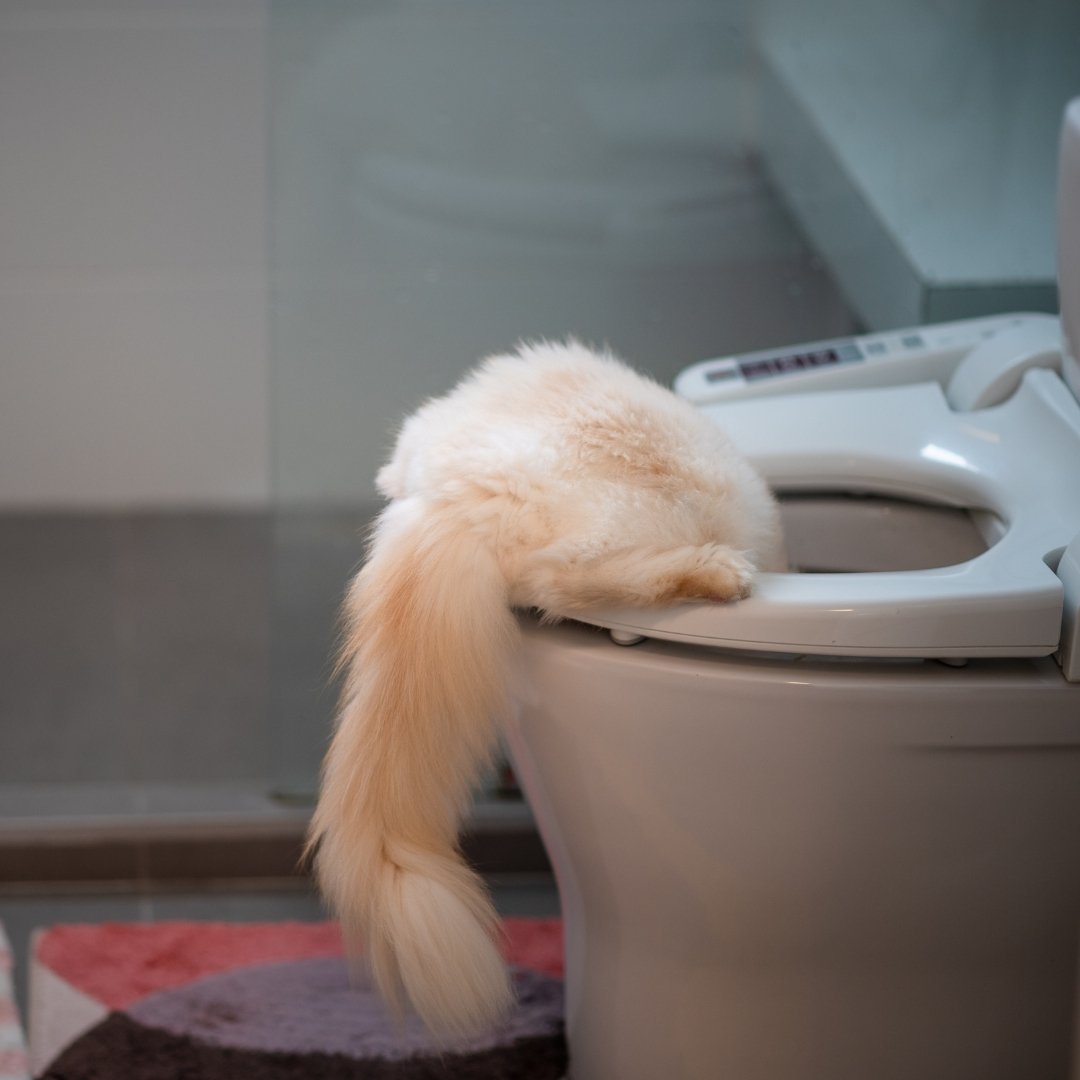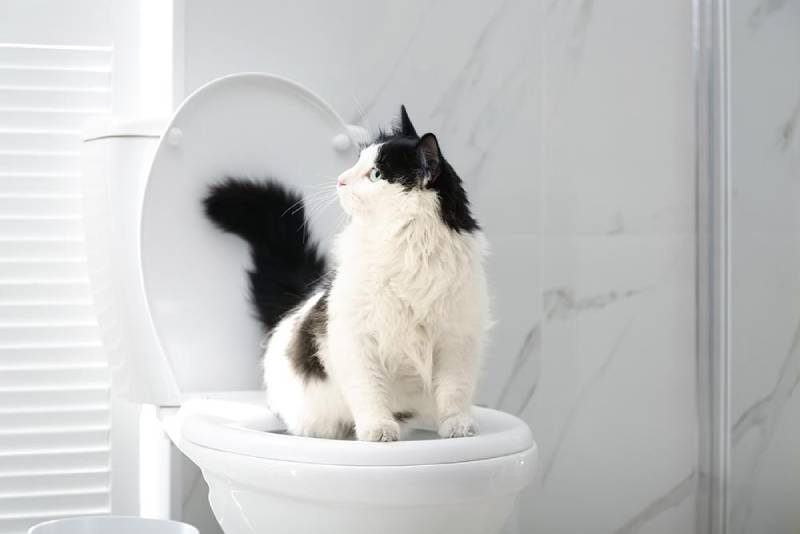Why Flushing Cat Poop Down Your Toilet Isn't a Good Idea - Advice for Proper Handling
Why Flushing Cat Poop Down Your Toilet Isn't a Good Idea - Advice for Proper Handling
Blog Article
This great article down below relating to Don’t flush cat feces down the toilet is highly intriguing. Have a go and draw your own assumptions.

Introduction
As feline owners, it's vital to be mindful of exactly how we dispose of our feline good friends' waste. While it might appear convenient to flush pet cat poop down the commode, this practice can have harmful effects for both the environment and human health.
Alternatives to Flushing
Thankfully, there are much safer and extra liable means to dispose of pet cat poop. Consider the following alternatives:
1. Scoop and Dispose in Trash
The most typical technique of taking care of cat poop is to scoop it right into a biodegradable bag and throw it in the trash. Make sure to utilize a specialized trash inside story and take care of the waste promptly.
2. Usage Biodegradable Litter
Go with biodegradable cat litter made from products such as corn or wheat. These clutters are eco-friendly and can be safely thrown away in the garbage.
3. Hide in the Yard
If you have a backyard, take into consideration hiding feline waste in an assigned location away from vegetable gardens and water sources. Be sure to dig deep adequate to stop contamination of groundwater.
4. Set Up a Pet Waste Disposal System
Invest in a family pet waste disposal system specifically made for feline waste. These systems utilize enzymes to break down the waste, decreasing odor and ecological effect.
Health and wellness Risks
In addition to ecological issues, flushing pet cat waste can additionally present health and wellness risks to human beings. Feline feces may contain Toxoplasma gondii, a bloodsucker that can trigger toxoplasmosis-- a potentially extreme disease, particularly for expectant females and people with weakened body immune systems.
Ecological Impact
Purging feline poop introduces harmful virus and parasites right into the water, posing a substantial danger to aquatic ecosystems. These impurities can negatively influence marine life and compromise water high quality.
Conclusion
Responsible family pet ownership prolongs beyond giving food and shelter-- it additionally includes proper waste administration. By refraining from purging cat poop down the bathroom and opting for different disposal methods, we can lessen our environmental impact and protect human health and wellness.
Why Can’t I Flush Cat Poop?
It Spreads a Parasite
Cats are frequently infected with a parasite called toxoplasma gondii. The parasite causes an infection called toxoplasmosis. It is usually harmless to cats. The parasite only uses cat poop as a host for its eggs. Otherwise, the cat’s immune system usually keeps the infection at low enough levels to maintain its own health. But it does not stop the develop of eggs. These eggs are tiny and surprisingly tough. They may survive for a year before they begin to grow. But that’s the problem.
Our wastewater system is not designed to deal with toxoplasmosis eggs. Instead, most eggs will flush from your toilet into sewers and wastewater management plants. After the sewage is treated for many other harmful things in it, it is typically released into local rivers, lakes, or oceans. Here, the toxoplasmosis eggs can find new hosts, including starfish, crabs, otters, and many other wildlife. For many, this is a significant risk to their health. Toxoplasmosis can also end up infecting water sources that are important for agriculture, which means our deer, pigs, and sheep can get infected too.
Is There Risk to Humans?
There can be a risk to human life from flushing cat poop down the toilet. If you do so, the parasites from your cat’s poop can end up in shellfish, game animals, or livestock. If this meat is then served raw or undercooked, the people who eat it can get sick.
In fact, according to the CDC, 40 million people in the United States are infected with toxoplasma gondii. They get it from exposure to infected seafood, or from some kind of cat poop contamination, like drinking from a stream that is contaminated or touching anything that has come into contact with cat poop. That includes just cleaning a cat litter box.
Most people who get infected with these parasites will not develop any symptoms. However, for pregnant women or for those with compromised immune systems, the parasite can cause severe health problems.
How to Handle Cat Poop
The best way to handle cat poop is actually to clean the box more often. The eggs that the parasite sheds will not become active until one to five days after the cat poops. That means that if you clean daily, you’re much less likely to come into direct contact with infectious eggs.
That said, always dispose of cat poop in the garbage and not down the toilet. Wash your hands before and after you clean the litter box, and bring the bag of poop right outside to your garbage bins.
https://trenchlesssolutionsusa.com/why-cant-i-flush-cat-poop/

I'm just very serious about Can You Flush Cat Poo or Litter Down the Toilet? and I hope you enjoyed the entire post. Do you know about another individual who is serious about the niche? Feel free to share it. Thank you for your time invested reading it.
Request Free Estimate Report this page